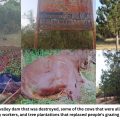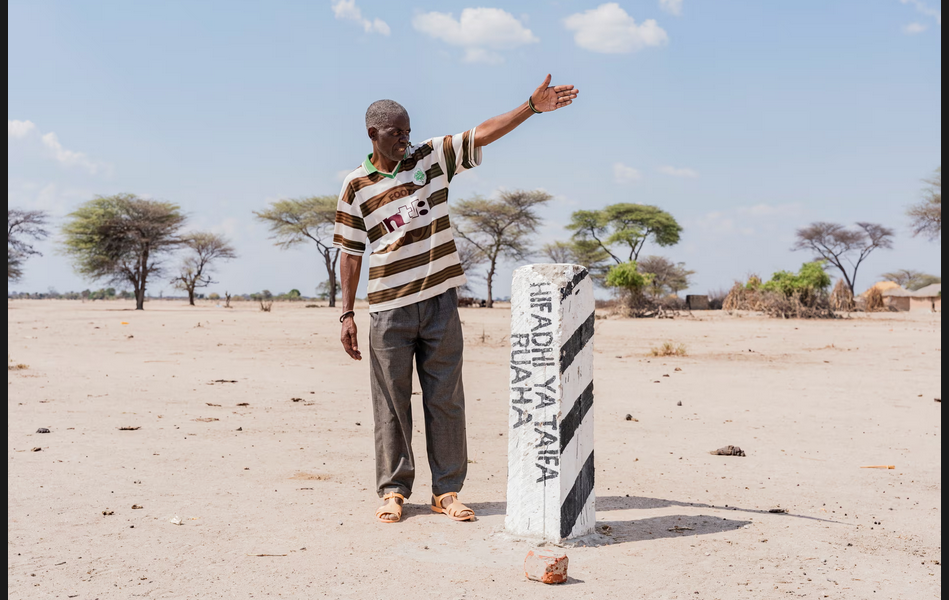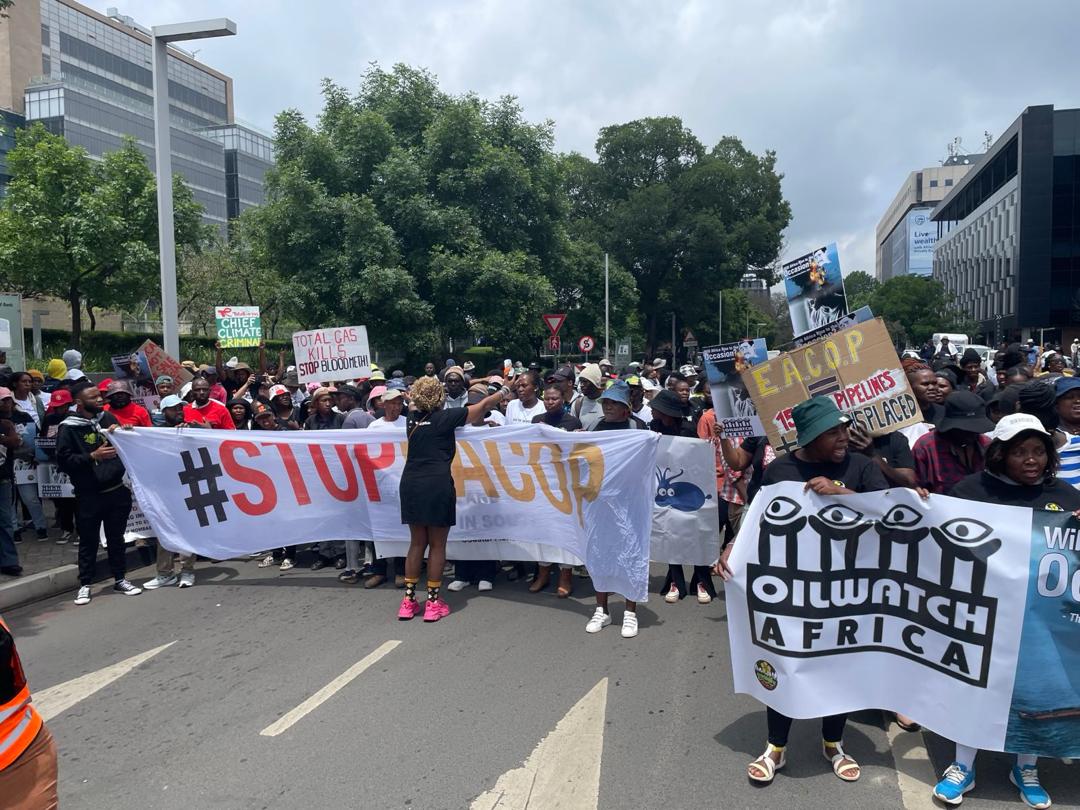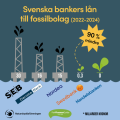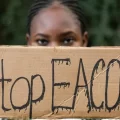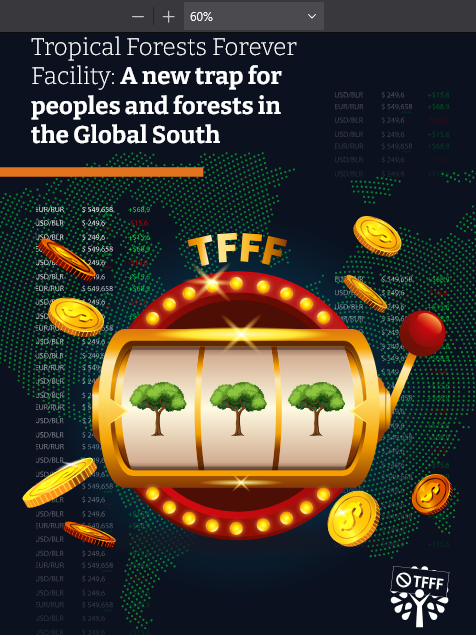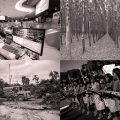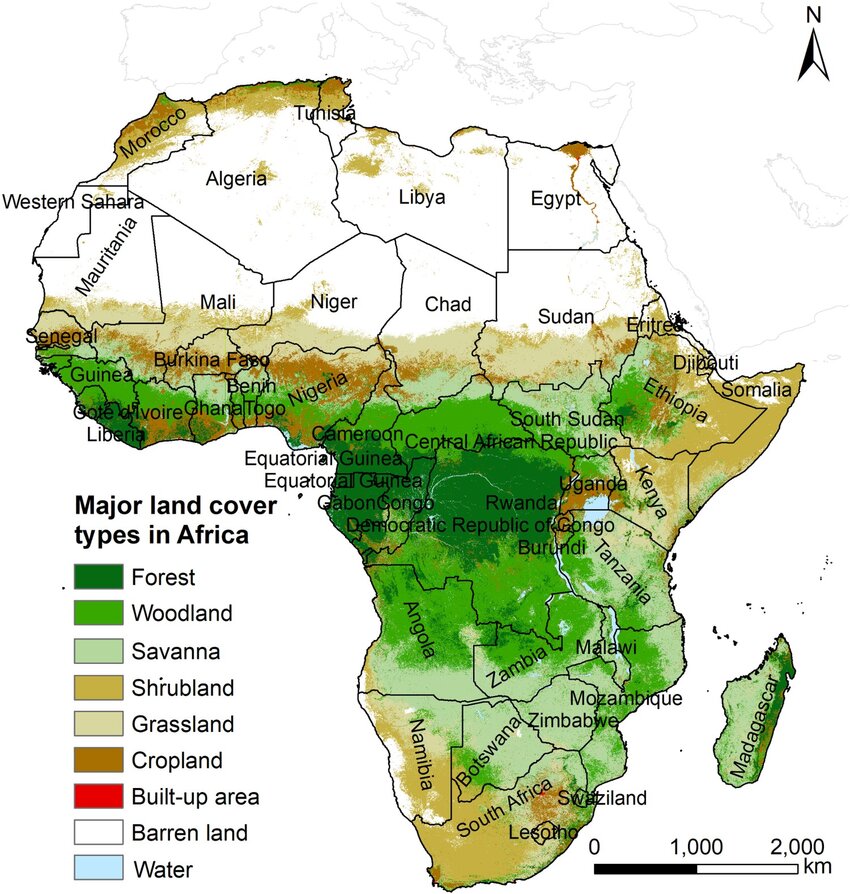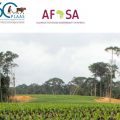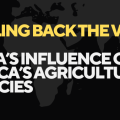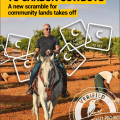By Witness Radio team.
Over the years, the African continent has been damaged by the notion that it has vast and vacant land that is unused or underutilised, waiting to be transformed into industrial farms or profitable carbon markets. This myth, typical of the colonial era ideologies, has justified land grabs, mass displacements, and environmental destruction in the name of development and modernisation.
A new report by the Alliance for Food Sovereignty in Africa (AFSA) titled “Land Availability and Land-Use Changes in Africa (2025)” dismisses this narrative as misleading. Drawing on satellite data, field research, and interviews with farmers across Africa, including Zambia, Mozambique, South Africa, and Zimbabwe, the study reveals that far from being empty, Africa’s landscapes are multifunctional systems that sustain millions of lives.
“Much of the land labelled as “underutilised” is, in fact, used for grazing, shifting cultivation, gathering wild foods, spiritual practices, or is part of ecologically significant systems such as forests, wetlands, or savannahs. These uses are often invisible in formal land registries or economic metrics but are essential for local livelihoods and biodiversity. Moreover, the land often carries layered customary claims and is far from being available for simple expropriation,” says the report.
“Africa has seen three waves of dispossession, and we are in the midst of the third. The first was the alienation of land through conquest and annexation in the colonial period. In some parts of the continent, there have been reversals as part of national liberation struggles and the early independence era. But state developmentalism through the post-colonial period also brought about a second wave of state-driven land dispossession.” This historical context is crucial to understanding the current state of land rights and development in Africa. Said Ruth Hall, a professor at the Institute for Poverty, Land and Agrarian Studies (PLAS), at the University of the Western Cape in Cape Town, South Africa, during the official launch of the report.
The report further underestimates the assumption that smallholder farmers are unproductive and should be replaced with mechanised large-scale farming, leading to a loss of food sovereignty.
“The claim that small-scale farmers are incapable of feeding Africa is not supported by evidence. Africa has an estimated 33 million smallholder farmers, who manage 80% of the continent’s farmland and produce up to 80% of its food. Rather than being inefficient, small-scale agro-ecological farming offers numerous advantages: it is more labour-intensive, resilient to shocks, adaptable to local environments, and embedded in cultural and social life. Dismissing this sector in favour of large-scale, mechanised monocultures undermines food sovereignty, biodiversity, and rural employment.” Reads the Report.
The idea that industrial agriculture will lift millions out of poverty has not materialised. Instead, large-scale agribusiness projects have often concentrated land and wealth in the hands of elites and foreign investors. Job creation has been minimal, as modern farms rely heavily on machinery rather than human labour. Moreover, export-oriented agriculture prioritises global markets over local food security, leaving communities vulnerable to price fluctuations and shortages.
“The promise that agro-industrial expansion will create millions of decent jobs is historically and economically questionable. Agro-industrial models tend to displace labour through mechanisation and concentrate benefits in the hands of large companies. Most industrial agriculture jobs are seasonal, poorly paid, and insecure. In contrast, smallholder farming remains the primary source of employment across Africa, particularly for young people and women. The idea that technology-intensive farming will be a panacea for unemployment ignores the structural realities of African economies and the failures of previous industrialisation efforts.”
Additionally, the assumption that increasing yields and expanding markets will automatically improve food access overlooks the structural causes of food insecurity. People’s ability, particularly that of the poor and marginalised, to access nutritious food depends on land rights, income distribution, gender equity, and the functioning of political systems. In many countries, high agricultural productivity coexists with hunger and malnutrition because food systems are oriented towards export and profit rather than equitable distribution and local nourishment. It highlights the urgent need for equitable food distribution, making the audience more empathetic and aware of the issue.
Furthermore, technological fixes such as improved seeds, synthetic fertilizers, and irrigation are being promoted as solutions to Africa’s food insecurity, but evidence suggests otherwise. The Alliance for a Green Revolution in Africa (AGRA) spent over a decade pushing such technologies with little success; hunger actually increased in its target countries.
These high-input models overlook local ecological realities and structural inequalities, while increasing dependence on costly external inputs. As a result, smallholders often fall into debt and lose control over their own seeds and farming systems. It underscores the importance of understanding and respecting local ecological realities, making the audience feel more connected and responsible.
Africa is already experiencing an increased and accelerating squeeze on land due to competing demands including rapid population growth and urbanisation, Expansion of mining operations, especially for critical minerals like cobalt, lithium, and rare-earth elements, which are central to the global green transition, The proliferation of carbon-offset projects, often requiring vast tracts of land for afforestation or reforestation schemes that displace existing land users, Rising global demand for timber, which is increasing deforestation and land competition as well as Agricultural expansion for commodity crops, including large-scale plantations of palm oil, sugarcane, tobacco, and rubber.
“In East Africa, we see mass evictions, like the Maasai of Burunguru, forced from their ancestral territories in the name of conservation and tourism. In Central Africa, forests are cleared for mining of transitional minerals, destroying ecosystems and livelihoods. Women, a backbone of Africa’s food production, remain the most affected, and least consulted in decisions over land and resources and things that affect them.” Said Mariam Bassi Olsen from Friends of the Earth Nigeria, and a representative of the Alliance for Food Sovereignty in Africa.
The report urges a shift away from Africa’s high-tech, market-driven, land-intensive development model toward a just, sustainable, and locally grounded vision by promoting agroecology for food sovereignty, ecological renewal, and rural livelihoods, while reducing the need for land expansion through improved productivity, equitable food distribution, and reduced waste.
Additionally, a call is made for responsible urban planning, sustainable timber management, and reduced mineral demand through circular economies, as well as the legal recognition of customary land rights, especially for women and Indigenous peoples, and adherence to the principle of Free, Prior, and Informed Consent (FPIC) for all land investments.
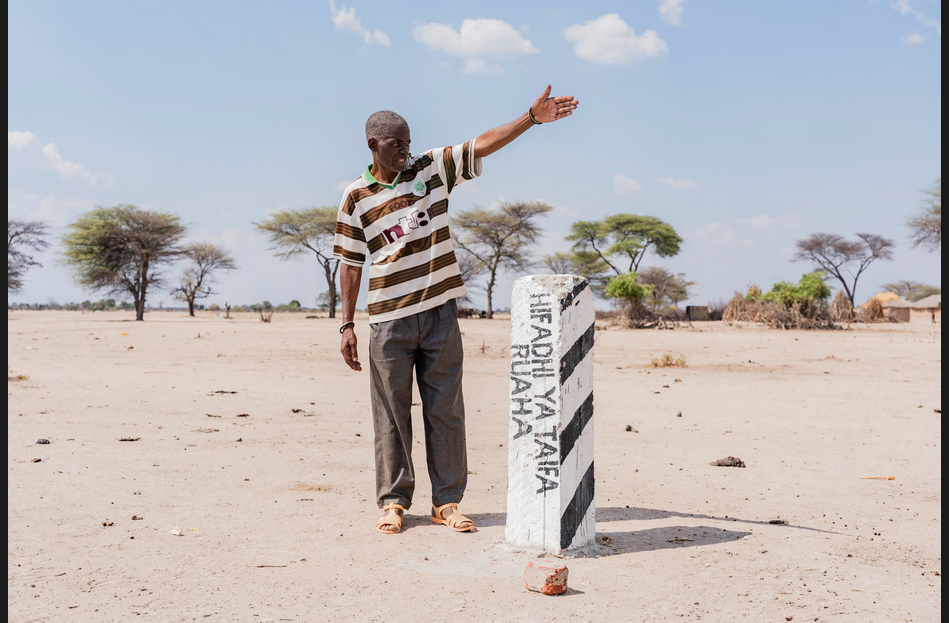

 MEDIA FOR CHANGE NETWORK2 weeks ago
MEDIA FOR CHANGE NETWORK2 weeks ago
 MEDIA FOR CHANGE NETWORK3 days ago
MEDIA FOR CHANGE NETWORK3 days ago
 MEDIA FOR CHANGE NETWORK2 weeks ago
MEDIA FOR CHANGE NETWORK2 weeks ago
 MEDIA FOR CHANGE NETWORK2 weeks ago
MEDIA FOR CHANGE NETWORK2 weeks ago
 MEDIA FOR CHANGE NETWORK4 days ago
MEDIA FOR CHANGE NETWORK4 days ago
 NGO WORK2 weeks ago
NGO WORK2 weeks ago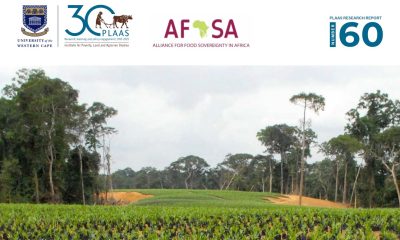
 NGO WORK2 weeks ago
NGO WORK2 weeks ago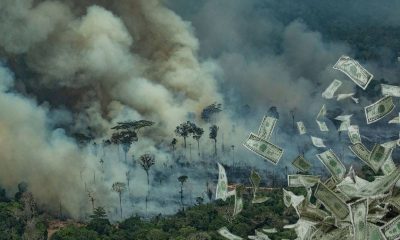
 NGO WORK2 weeks ago
NGO WORK2 weeks ago






